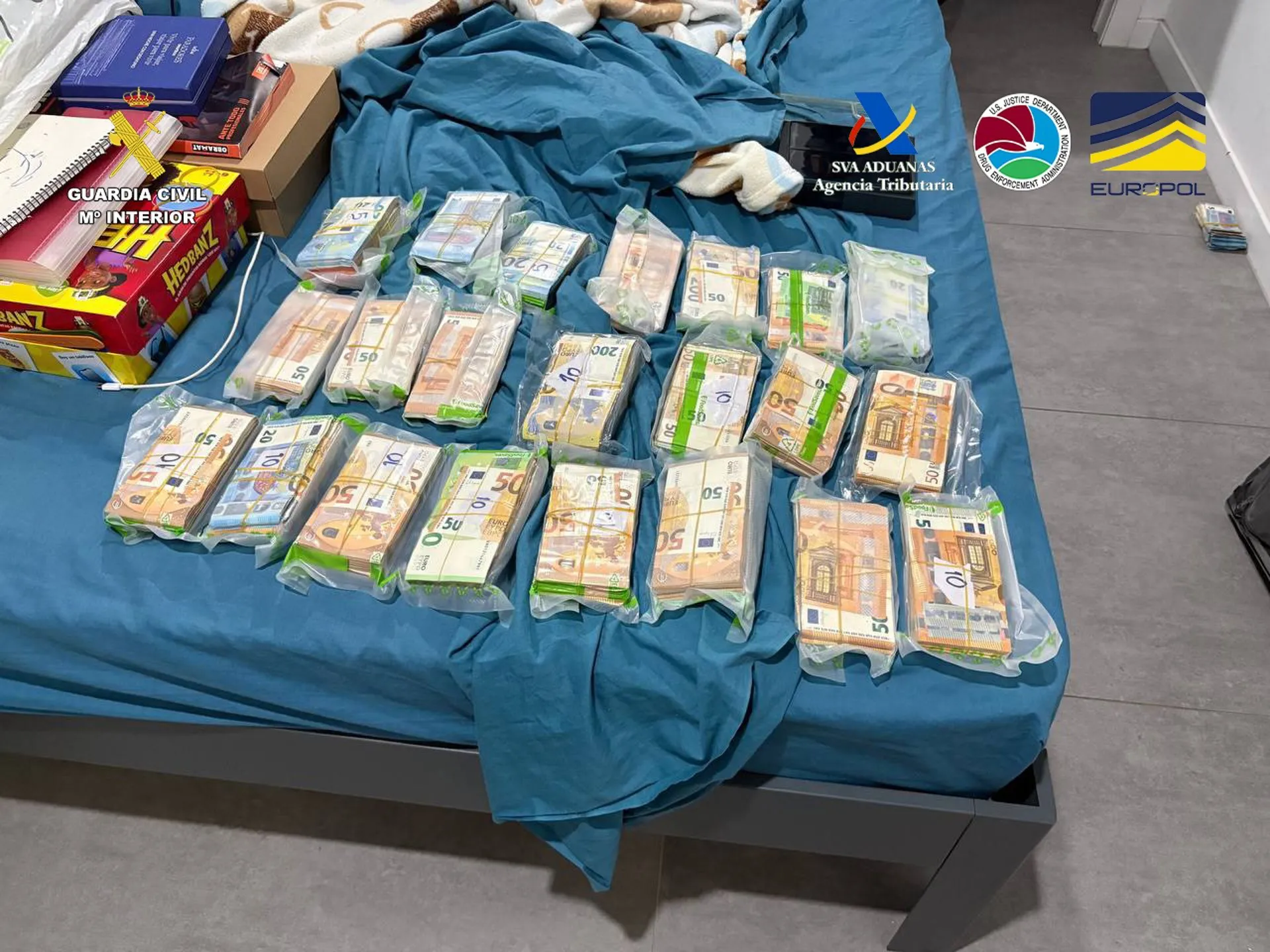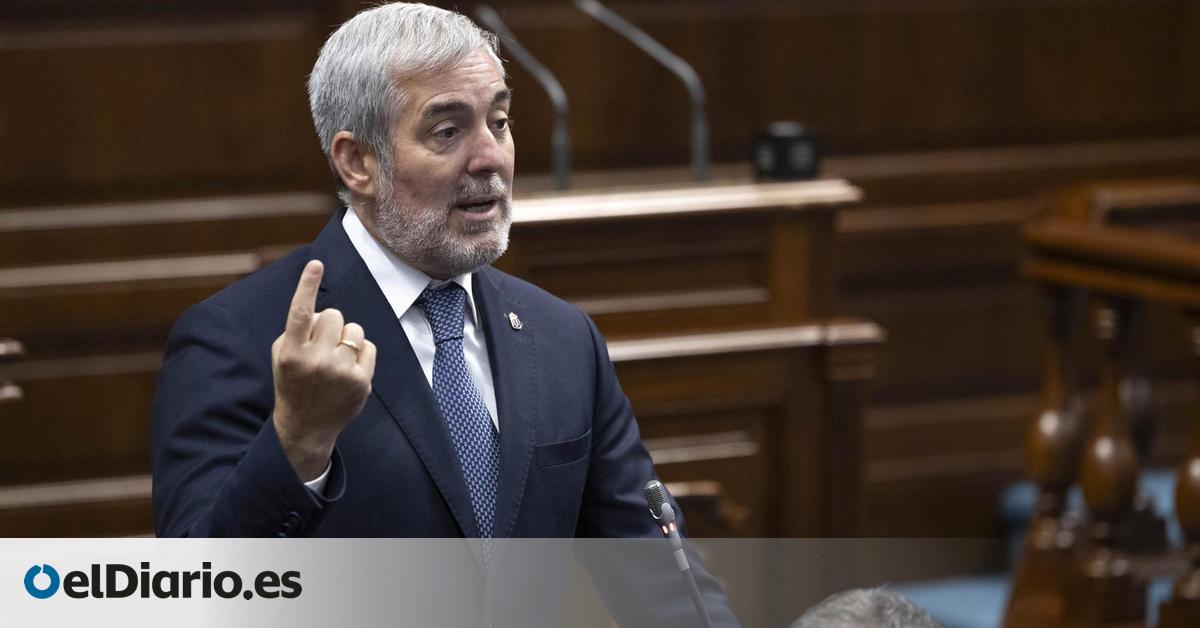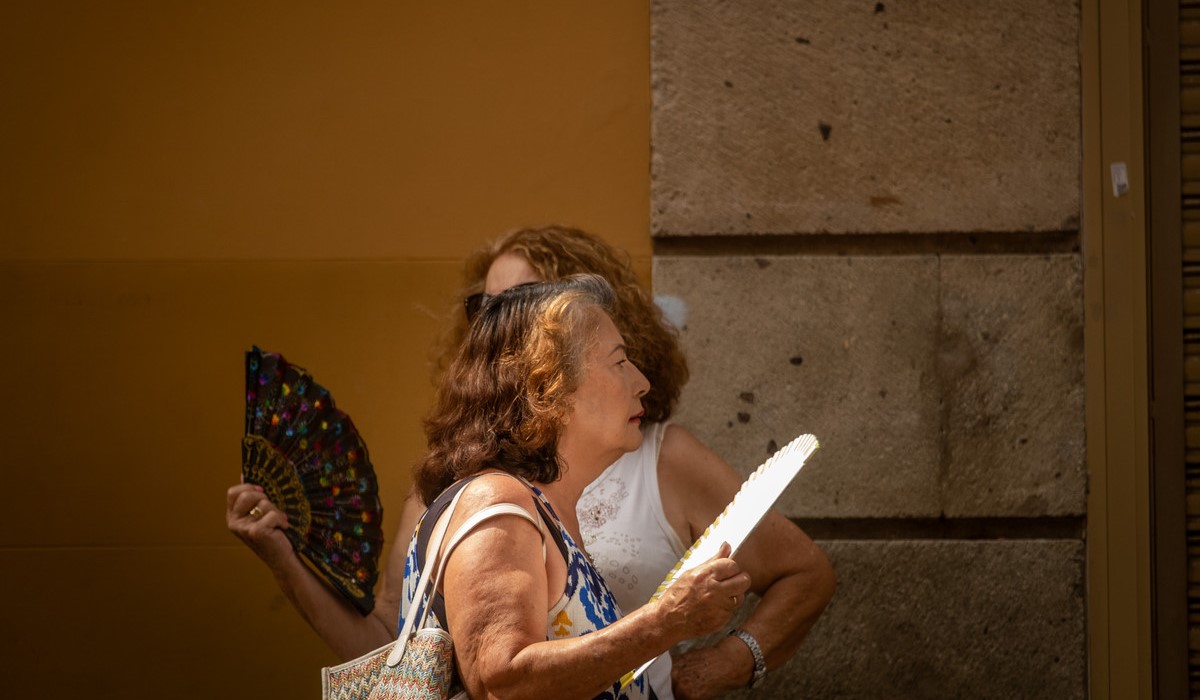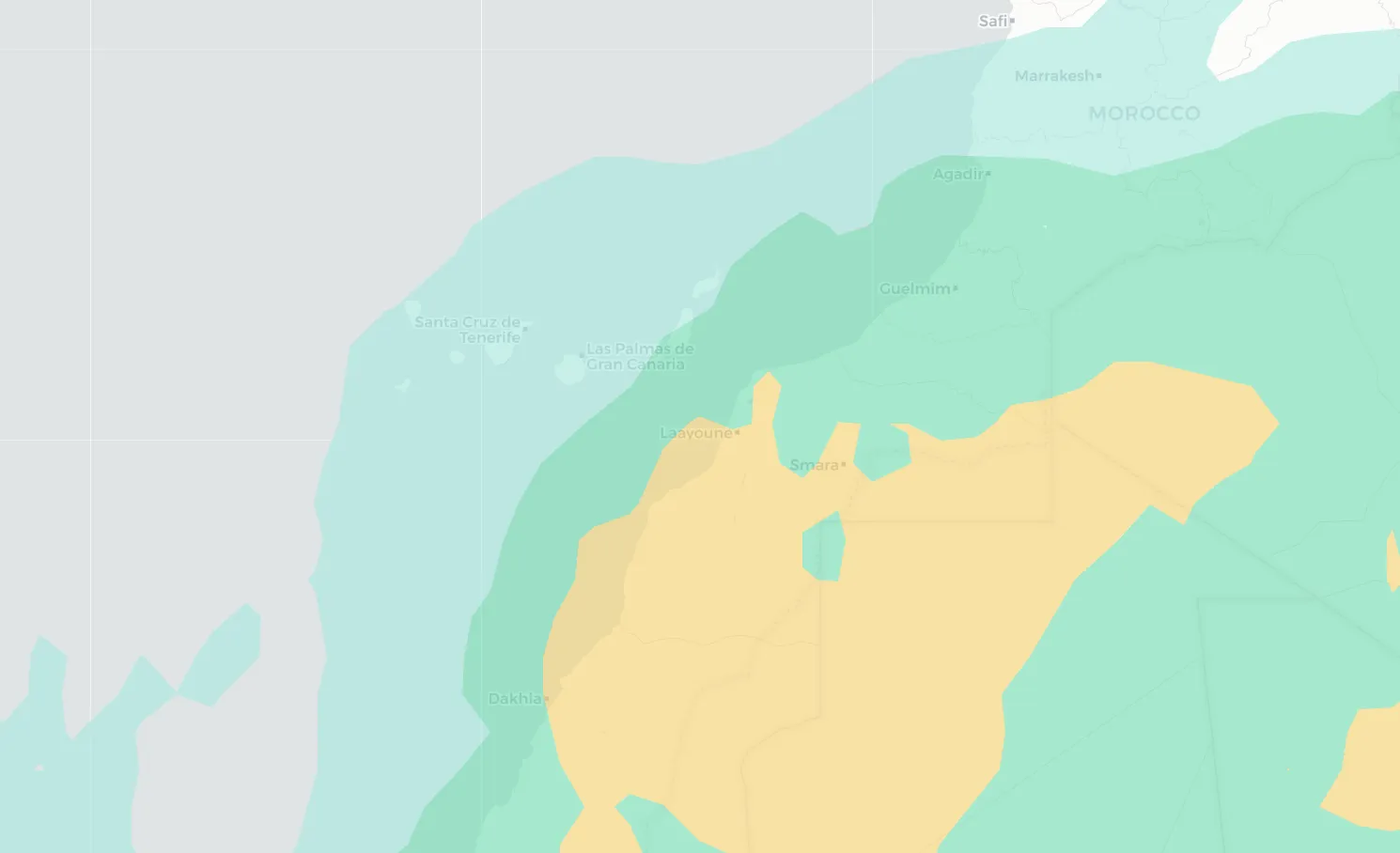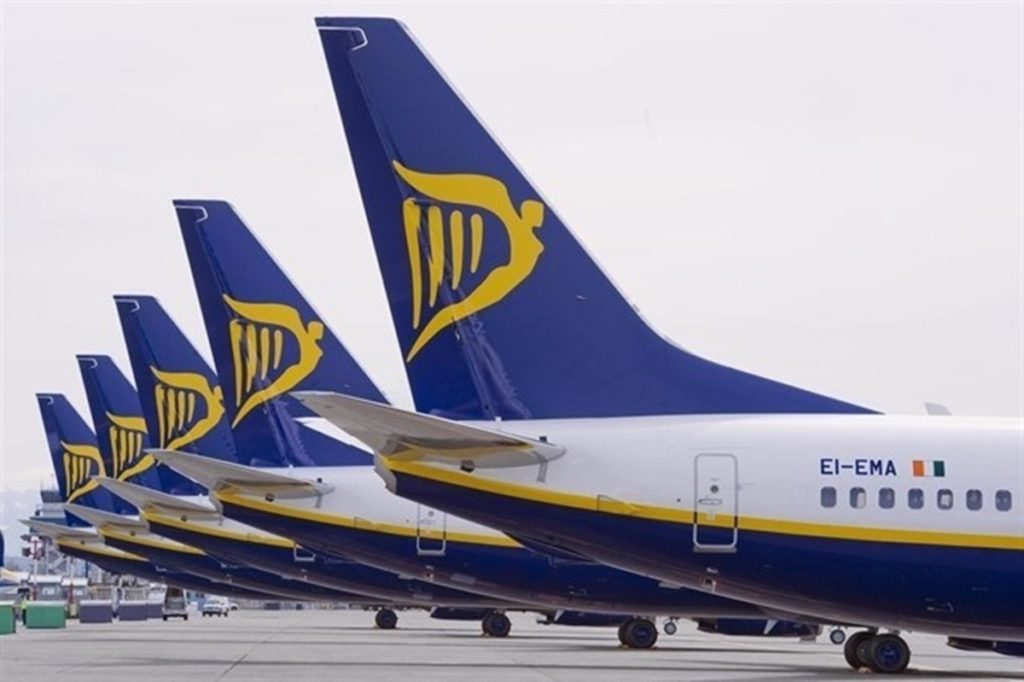The ringleader is a nightlife entrepreneur, and the organisation used mother ships to transport drugs from South America and Africa.
The Tax Agency and the Civil Guard, in an operation dubbed ‘Silbo’, have dismantled one of the most active criminal organisations based in the Canary Islands, resulting in the arrest of 34 individuals—18 of whom are now in prison—across nearly 40 searches conducted at various locations within Spain.
This investigation, which commenced over two years ago by the Customs Surveillance Service of the Tax Agency and the Central Operational Unit (UCO) of the Civil Guard, intensified a couple of weeks ago with several searches in Santa Cruz de Tenerife. It has involved collaboration with the U.S. Drug Enforcement Administration (DEA) and the Judicial Police of Cape Verde, all coordinated by Europol.
During the operational phase of this investigation, actions have taken place across the islands of Tenerife, La Gomera, Gran Canaria, Lanzarote, and Fuerteventura, as well as in provinces such as Madrid, Barcelona, Pontevedra, A Coruña, and Málaga, according to a statement from the Civil Guard.
The investigation originally focused on a 42-year-old entrepreneur from Tenerife, linked primarily to the nightlife, restaurant, and construction sectors, as well as several businesses abroad.
Investigators have corroborated that this individual was using these ventures to run a complex criminal organisation from the Canaries, facilitating significant shipments of narcotics at regional, national, and international levels.
Multiple Cocaine Importations via Mother Ships
Alongside his business dealings, this entrepreneur was directly negotiating the delivery of substantial quantities of cocaine from mother ships originating in South America to other vessels, primarily for entry into the Canary archipelago.
In this context, investigators seized two major shipments destined for Santa Cruz de Tenerife. The first, in January 2024, involved 500 kilos of cocaine transported by a vessel that had previously transferred it from a ship coming from the South American mainland.
Subsequently, in November of the same year, another shipment involving 1,600 kilos of the same substance was intercepted.
In this latter case, the leader of the criminal organisation had arranged for a fishing boat in Guinea-Bissau, in conjunction with a partner based in Galicia, intending to procure drugs using the same method as previously, exploiting the so-called ‘African cocaine route.’
Hashish Heading to the United Kingdom
Similarly, the operation relied on maritime and land infrastructure established on other islands of the archipelago, which were used to receive significant amounts of hashish originating from Morocco, destined for the United Kingdom, yielding rapid financial returns.
In fact, investigators detected several meetings with British nationals in the Costa del Sol linked to drug trafficking.
A parallel economic investigation revealed that the organisation’s primary figurehead had created a complex corporate structure for money laundering, making substantial investments across various economic sectors through both domestic and foreign companies within the restaurant sector, real estate investments, and others, often using trusted individuals from his circle for these purposes.
He was also linked to fishing companies and other hidden assets, employing a vehicle rental company for laundering the profits from drug trafficking, as well as for distributing narcotics using his fleet of vehicles.
In April, 66 kilos of cocaine intended for introduction into Tenerife were intercepted via a vehicle from this company, cleverly concealed using a sophisticated hydraulic system, which had reportedly been stolen from another criminal group after they had kidnapped one of its members.
Extremely Violent Members
The criminal group employed the services of a Cuban and a Colombian national, both with military training, who executed violent actions against specific targets to seize various assets, even going so far as to pressure an individual in southern Tenerife to take possession of land in the municipality of Candelaria.
The investigation also uncovered plans to acquire illegal firearms on the mainland while providing military training to other group members.
Laboratory in Tenerife
As part of the operation, a cocaine processing and cutting laboratory was seized on a property in El Escobonal, Tenerife (Güímar), which contained a large quantity of highly toxic chemicals, as well as equipment necessary for processing and adulterating cocaine.
This investigation, led by the Number 3 Investigative Court of Santa Cruz de Tenerife and conducted by the Customs Surveillance Service of the Tax Agency and the Central Operational Unit (Organised Crime Team, ECO Canarias), has resulted in the seizure of 2,185 kilos of cocaine, operational modified firearms, over €600,000 in cash, 16 vehicles, and five vessels (including a fishing boat, a sailboat, and three speedboats), alongside the freezing of movable and immovable assets valued at over two million euros.


